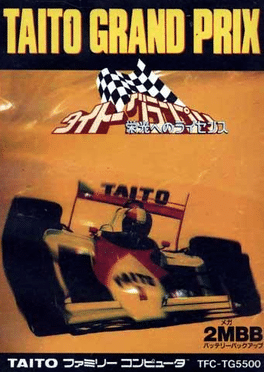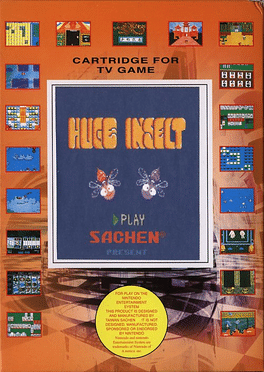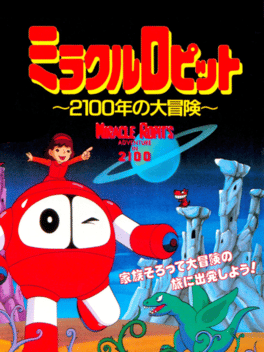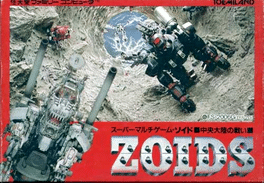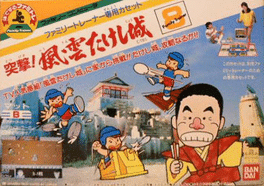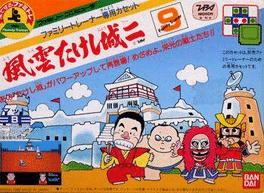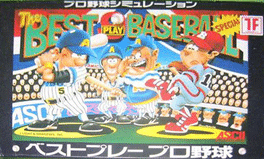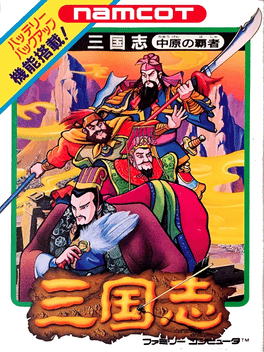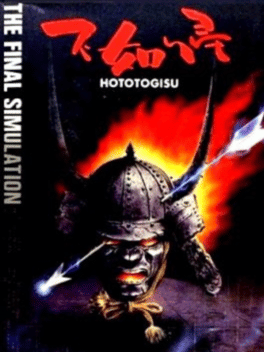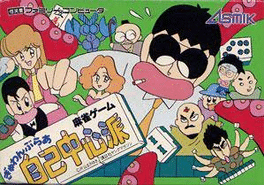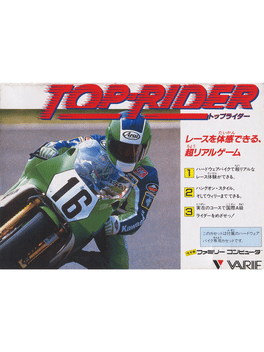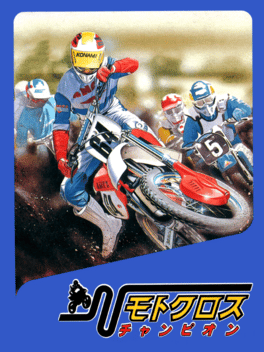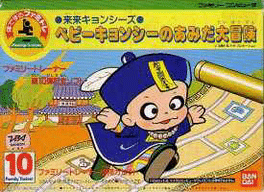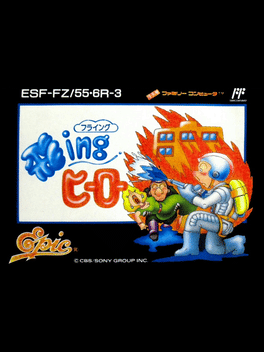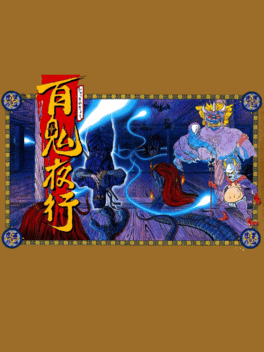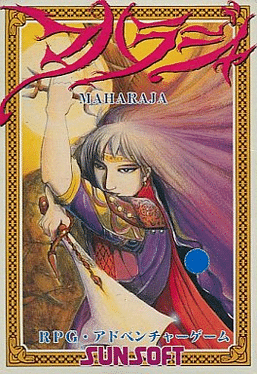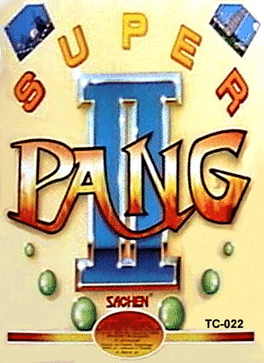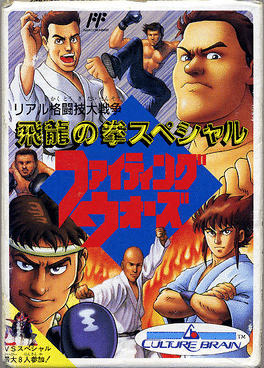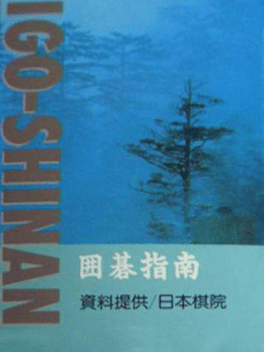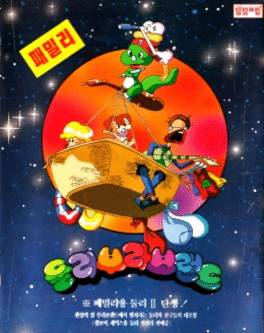Most Popular Family Computer Games - Page 26
-
Taito Grand Prix
1987
Taito Grand Prix
1987
Formula One racing game with RPG elements published by Taito in 1987 for the Famicom. It was never released outside of Japan. -
Huge Insect
2001
Huge Insect
2001
Huge Insect is one of Sachen's rarest unlicensed games for the NES, originally developed by Thin Chen Enterprise in 1993 and listed in Sachen's catalog but never actually produced until a limited run of circa 30 copies in 2001. -
Miracle Ropit's Adventure in 2100
1987
Miracle Ropit's Adventure in 2100 is an action platformer featuring the titular robot, piloted by a young girl. When the robot is hit, it will break down and dump the girl out. The girl cannot shoot enemies, and will die after 30 seconds if she cannot restore the robot, which requires special items. The game often requires shooting at or jumping on certain unmarked spots repeatedly, either to uncover secrets or even to make progress in a stage at all. In order to reach the true ending, two loops of the game must be beaten. -
Zoids: Chuuou Tairiku no Tatakai
1987
Based on the popular Tomy/Hasbro toy license, Zoids: Chuuou Tairiku no Tatakai is an RPG/Shooter hybrid developed for the Famicom by the notorious Micronics. -
Family Trainer: Totsugeki! Fuuun Takeshi-jou
1987
The eighth Family Trainer game produced by Bandai for the NES, Totsugeki! Fuuun Takeshi-jou is based on the obstacle course TV show Takeshi's Castle. -
Family Trainer: Fuuun! Takeshi-jou 2
1988
The sequel to Family Trainer: Totsugeki! Fuuun Takeshi-jou and the ninth game to be made for the NES Power Pad/Family Trainer by Bandai and Human Entertainment. Like its predecessor, it is based on Japanese TV show Takeshi's Castle. -
The Best Play Baseball Special
1988
A Japanese baseball sim developed by ASCII for the NES. It focuses more on team management than playing the sport itself. -
Sangokushi: Chuugen no Hasha
1988
A war strategy game that focuses on the Ancient Chinese Three Kingdoms conflict. It was developed by TOSE and published by Namco for the NES. -
Hototogisu
1988
Hototogisu
1988
A Sengoku-era war simulation game developed by Tamtex for the Famicom in 1988. It was never released outside of Japan. -
Gambler Jiko Chuushinha
1988
A Mahjong game based on a manga license, published by Asmik for the NES and MSX in Japan only. -
Top Rider
1988
Top Rider
1988
A motorcycle driving game developed by Human and published by Varie for the NES. It was released in Japan only at the end of 1988. -
Motocross Champion
1989
Motocross Champion
1989
A NES Motocross racing game developed and published by Konami and released in Japan only. -
Family Trainer: Rairai Kyonshizu
1989
The tenth and final Bandai game to use the Family Trainer/Power Pad accesssory for the NES. The player helps a baby kyonshi (jiang shi) find its parents. -
Flying Hero
1989
Flying Hero
1989
An action game involving trampolining firefighters, developed for the Famicom by Aicom. A US version named Blazebusters was announced but later cancelled. -
Hyakkiyakou
1989
Hyakkiyakou
1989
A Famicom RPG published by Use Corporation that is based on Hyakkiyakou, or "Night Parade of the 100 Demons", a Japanese festival akin to Halloween. It was never released outside of Japan. -
Maharaja
1989
Maharaja
1989
Famicom RPG released by Sunsoft in 1989. Set in ancient India, characters and events from Hindu mythology provide most of the game's backdrop. -
Super Pang II
1992
-
Hiryuu no Ken Special: Fighting Wars
1991
MMA-styled fighting game where each character represents a fighting style, and each style is represented by two characters. -
Igo Shinan
1989
Igo Shinan
1989
A Go simulator from Hect for the NES. It would be followed with four annualized sequels. -
Dooly Bravo Land
1992
